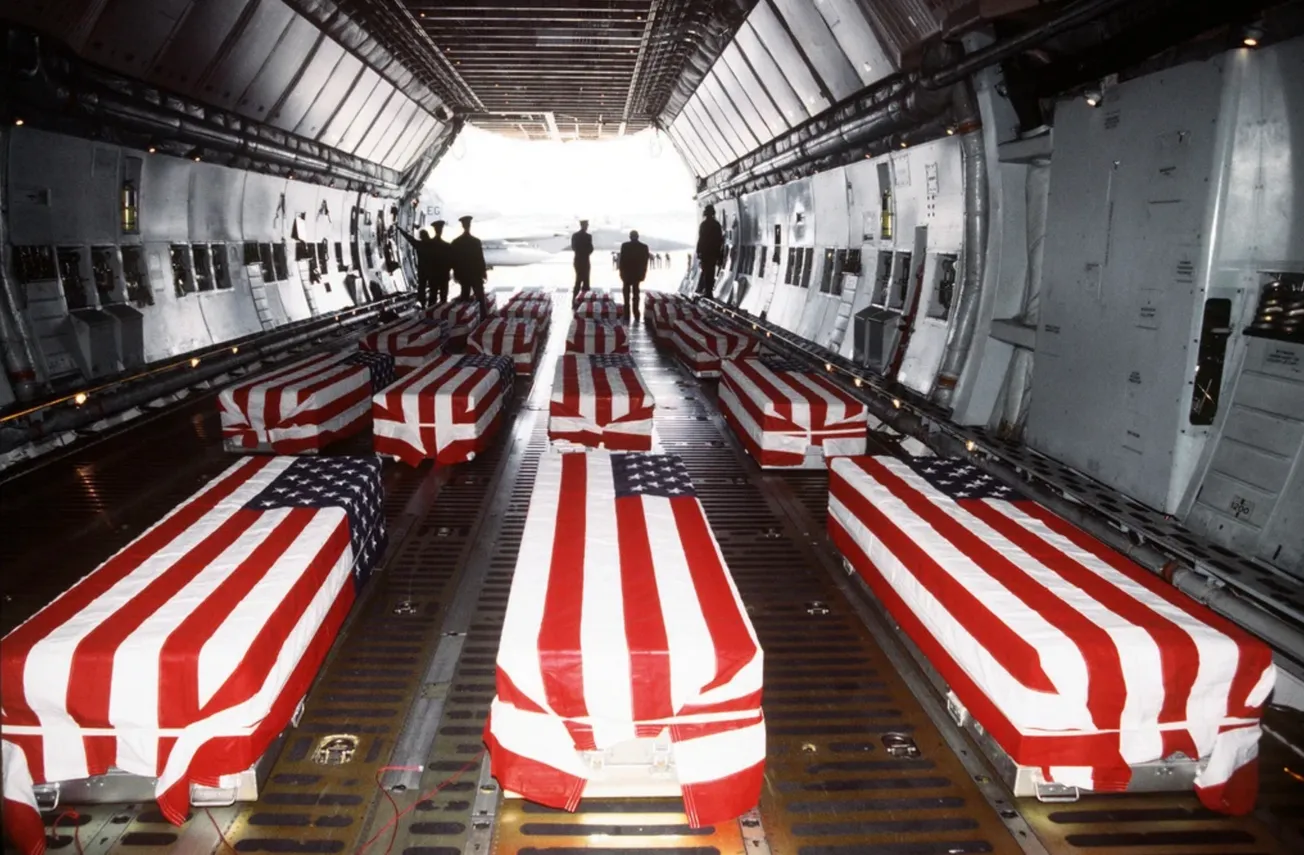The 1988 Emergencies Act was proposed to be activated for 30 days this morning by the Liberal Party government of Prime Minister Justin Trudeau in order to end all Freedom convoys in Canada.
Strong opposition was voiced in the House of Commons. The Conservatives, the Bloc Quebecois, and the 2 elected members of the Green Party rejected the proposal out of hand. Only the New Democratic Party, so far, has supported these new wide ranging police powers, not seen in Canada since 1988. Over half of the 10 Premiers of Canada rejected the new proposed Federal legislation. The only acceptance came from Premier Doug Ford from Ontario, the province in which the federal capital, Ottawa, is located, as is the Ambassador Bridge.
Here is what Chrystia Freeland, the vice-Prime Minister and Finance Minister, had to say yesterday as regards the provisions in the emergency powers that relate to “stopping the financing of these illegal blockades":
“Second, the government is issuing an order with immediate effect, under the Emergencies Act, authorizing Canadian financial institutions to temporarily cease providing financial services where the institution suspects that an account is being used to further the illegal blockades and occupations. This order covers both personal and corporate accounts.
“Third, we are directing Canadian financial institutions to review their relationships with anyone involved in the illegal blockades and report to the RCMP or CSIS.”
Here is what the BBC had to say this morning:
“The Emergencies Act, passed in 1988, bestows the government with added powers in times of national crisis.
“The situation must meet a high bar, specifically an “urgent and critical situation” that “seriously endangers the lives, health or safety of Canadians.”
“…And Cabinet may only invoke the legislation if the emergency cannot be addressed by any existing federal law and if it exceeds the capacity of the provinces to handle it effectively.
“The Emergencies Act outlines four different types of emergencies: public welfare emergencies, public order emergencies, international emergencies and war emergencies. If the legislation is invoked this week, it will likely be under the ‘public order’ category. Again, the criteria here is strict — lawful protests do not qualify.
“Instead, the situation must be considered a threat to the security of Canada, as defined by the Canadian Security Intelligence Service Act.”
Finally, here is the link to the two-page Backgrounder on the Emergencies Act made available on the internet 13 hours ago by the Department of Justice of Canada:
https://www.canada.ca/en/department-justice/news/2022/02/canadas-emergencies-act.html


